Ab 25. Mai 2017 startet in der Kunsthalle Wien die Ausstellung „How To Live Together“. Über 30 (inter)nationale KünstlerInnen mehrerer Generationen präsentieren in den nächsten fünf Monaten dort mit ihren Projekten die verschiedensten Dimensionen des Zusammenlebens.
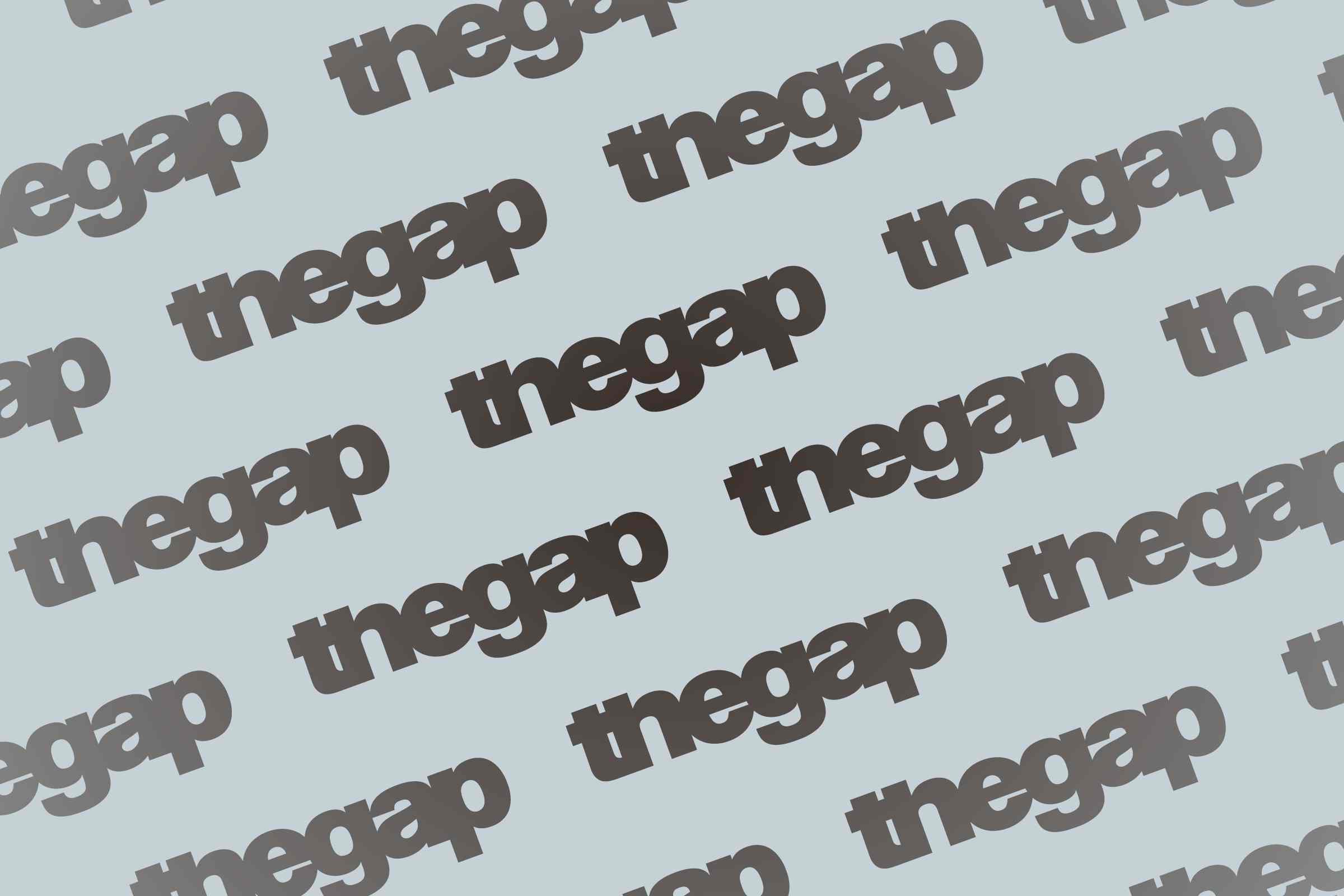
Was braucht es, damit Menschen zufrieden in einer Gemeinschaft leben? Was bedeutet es, fremd zu sein? Wie wirken Politik, Wirtschaft und Technik auf das Zusammenleben ein? Mit diesen Fragen beschäftigt sich die Ausstellung How To Live Together von 25. Mai bis 15. Oktober 2017 in der Kunsthalle Wien. Der künstlerische Bogen reicht von der kleinsten Einheit des Zusammenlebens, dem Individuum, bis hin zu den Potentialen und Bedingungen, die für ein Zusammenleben als Gesellschaft notwendig sind. Dabei ist der Ausgangspunkt meist mit einer persönlichen Erfahrung der Kunstschaffenden verknüpft, die so eine besondere Nähe zu den Besuchern entstehen lassen. Die verschiedenen Gesellschaftsportraits skizzieren ein Bild vom persönlichen Scheitern und Aufstehen, von einer Gesellschaft zwischen Erosion und Aufbruch und demonstrieren, warum es unerlässlich ist, sich aktiv mit der Vergangenheit auseinanderzusetzen.
Während den Eröffnungstagen, die von 24. bis 28. Mai den Auftakt der Ausstellung kennzeichnen, wird es erneut die Möglichkeit geben, die gefeierte Theateraufführung „badluck aleppo“ am 26. und 27. Mai zu sehen. Das Stück, ein Folgeprojekt der Produktion „badluck“, das im Theater Nestroyhof dieses Jahr bereits einige Male aufgeführt wurde, lässt geflüchtete Menschen aus Syrien sprechen. Sie beschreiben den Alltag im zerbombten Aleppo, erzählen von den Beweggründen ihrer Flucht und von der Ausweglosigkeit eines Konfliktes, den niemand mehr so richtig nachvollziehen kann.
Vorab haben wir uns mit vier der ProtagonistInnen des Stücks, die heute in Österreich ein neues Zuhause gefunden haben, unterhalten und sie nach ihrer Wahrnehmung der Medien, Integration, Zusammenleben und ihrem persönlichen „badluck“ befragt.
Wenn Du dich an Deine Heimat zurückerinnerst was war für Dich das „bad luck“ das Du erleben musstest? If you think about your home, what was your personal „badluck“ you had to experience?
Hosam Zaarour: My personal badluck, I had to experience, was totally about feeling unsafe every day I needed to go to my university or to my work during the war. I just lost everything. Even my university got bombed. One time I was on my road to English class and 5 mins before I would’ve left home, someone bombed the street that I was supposed to take so I just felt, I’m living inside a sphere of death. Everywhere I look I see death.
Khaled Aga: Das Unglück war, meine Heimat verlassen zu müssen. Zur Wahl stand nur ein sehr wahrscheinlicher Tod oder ein Leben als Flüchtling.
Omar Al Shaar: I was working for change towards freedom and democracy in my country, but continuous arrests and torture forced many to leave the country. Yet we lose so many brave and good patriots…Bad luck, that we did not have enough space and time to apply this change so far.
Alaa Gamian: I don’t think, I can count the „badluck“-moments when this war started, but I can remember the moment when my family came with me to the bus stop, the moment I decided to leave Syria. It was the first time I felt like an adult, even when I was just 18 years old and I still remember my mom’s eyes that day. They were telling a lot of stories.
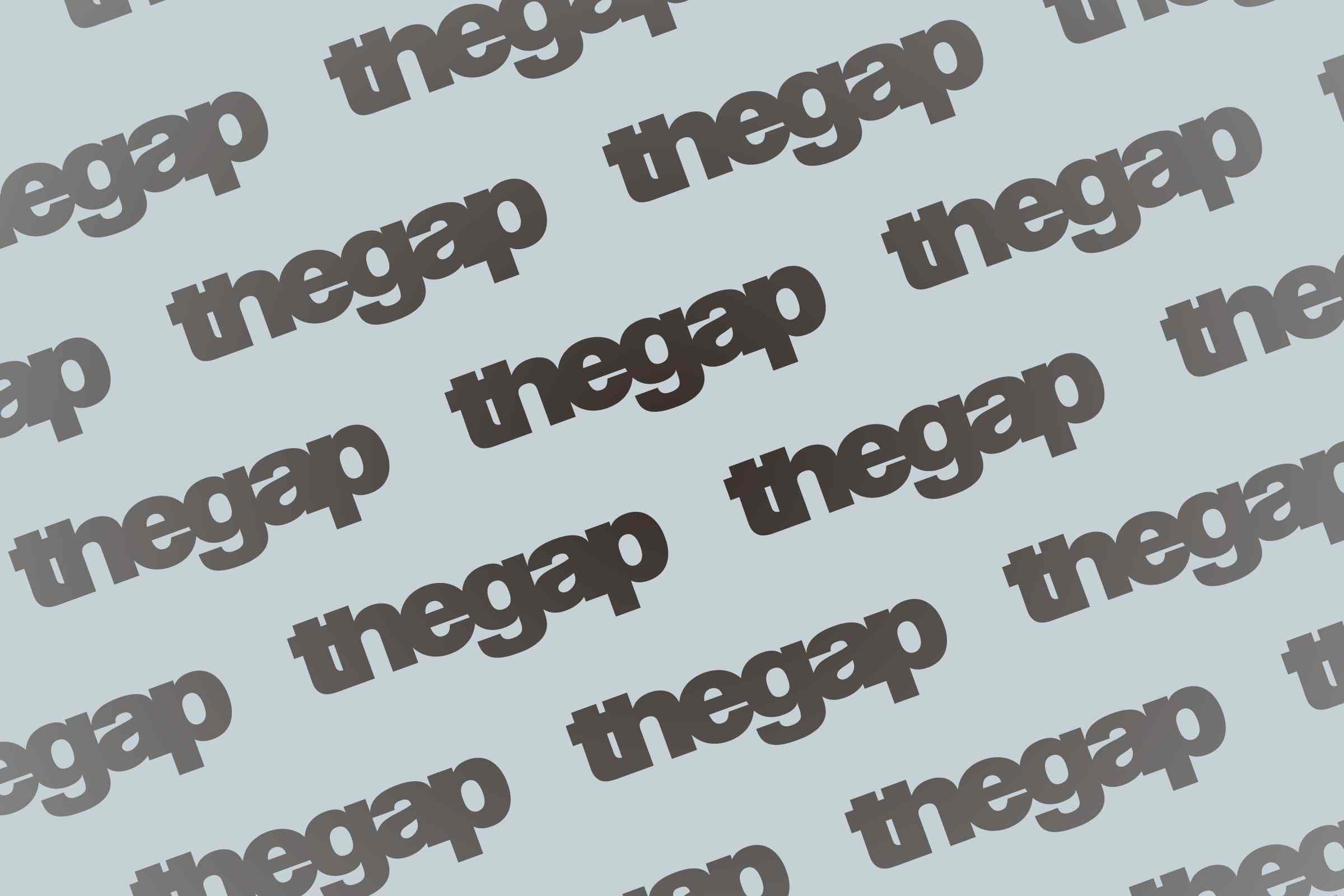
Half Dir das Theaterspielen beim Aufarbeiten Deiner persönlichen Schicksalsschläge? Und wie geht es Dir heute? Did acting somehow help you to get over bad experiences in your past and how do you feel today?
Hosam Zaarour: started with my acting career when I got to Vienna because I could live another characters life, so I loved to act in movies to forget about my pain or to just ignore my feelings about Syria with doing something, I could enjoy. Today I feel much better. Austria is a very nice country and I wish this place the best.
Khaled Aga: Die Theaterarbeit hat mir vor allem bei der Integration geholfen. Ich bin auf dem richtigen Weg. Ich spreche jetzt schon gut Deutsch und hoffe, bald einen Job zu finden.
Omar Al Shaar: I am not an actor and I was not acting on stage. I was telling my experiences and shed light on some issues, that people missed when they think about Syrians. I like the questions I receive from the audience, after we perform and I like, that they are not the same as before listening to our stories.
Alaa Gamian: Yes. Being on stage has that kind of freedom, that no one else will understand. No one can know, if you are acting or not, no one can know, if your tears are real or not and if your suffer on stage has happened in your life or not. With playing „badluck aleppo“ I had the chance to talk free, to share my worst nightmares with the people. It’s actually very hard, to be open to a huge number of people. But at that point you are able to tell and talk about everything, you are free.
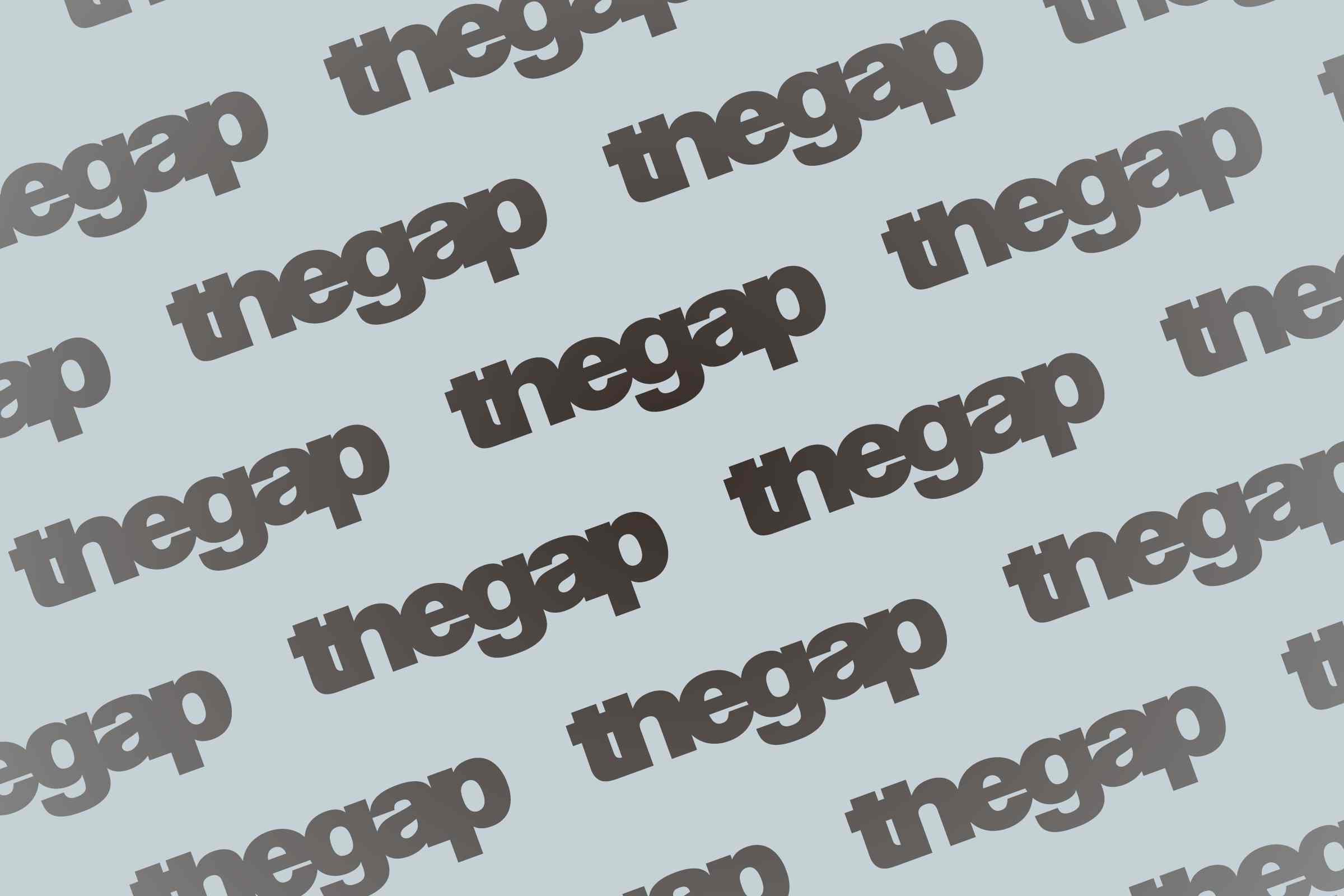
Was ist für Dich das größte Missverständnis, das in der westlichen Medienwelt über den Konflikt in Syrien vorliegt? Is there some misunderstanding of Western media perception about the conflict in Syria and why?
Hosam Zaarour: There is some misunderstanding about the poor people, who are dying every day and the media only count them as numbers and ignores the personality, or at least the names. People misunderstand that Syria needs a solution, not news about every day and not a detective world, which just wants to know who did the crime and ignores the victims. The solution would be, when all the media focuses on finding solutions and if they wouldn’t use us Syrians as media tools, so they can get more viewers.
Khaled Aga: Es ist mehrteilig, es wird oft einseitig dargestellt. Es ist mehr als ein Bürgerkrieg. Es ist auch kein Kampf eines Politikers gegen IS -Terroristen. Und es geht vor allem um Öl & Macht.
Omar Al Shaar: Yes, for sure there is plenty of misunderstanding when it comes to the image of the Syrian revolution, conflict, crisis or proxy-war. Media is focusing on attracting more audience and is hardly telling few parts of the truth about the revolution. Media is seeking more funds and money and will not hesitate to use the whole news coming out of Syria in this direction. Yet some media had started to manipulate the incidents to get more money such as Al Jazeera, Pan-Arab TV or RT.
Alaa Gamian: The media in the Western society is exactly the same as in the Middle East. They show you, what they want to show you, even though they know very well, that it’s the same lies but in a different way – European style.
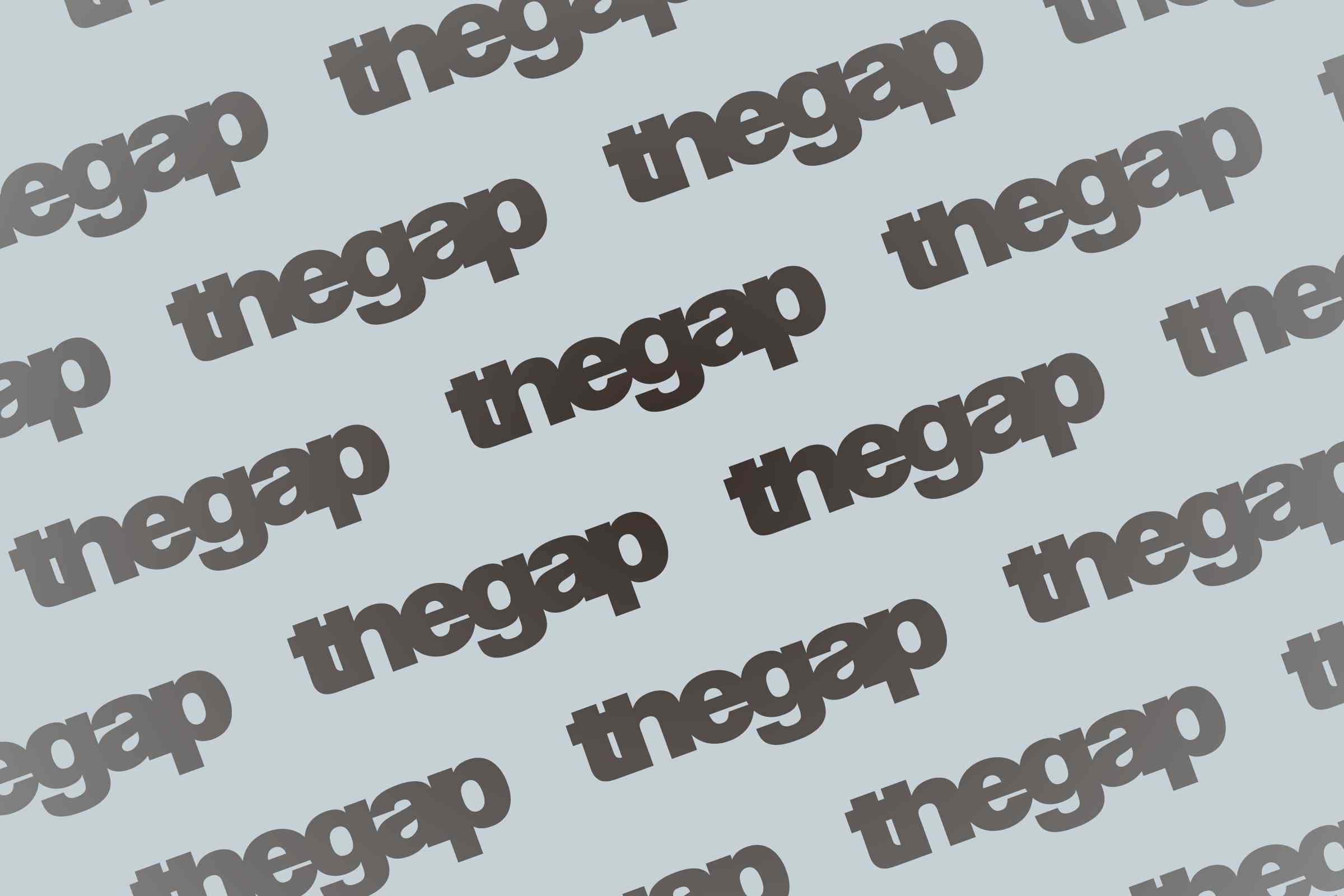
Wie nimmst du das Zusammenleben in Wien/Österreich (zwischen Migranten-Community und einheimischer Bevölkerung) wahr? How do you perceive living together in Vienna/Austria (between migrants and locals)?
Hosam Zaarour: I know a lot of Austrians as friends and they were very helpful and helped me a lot during building up my new life here. I would really do all what I can do to give something back to them, because they accepted us here as Syrians and opened the doors for us while. All the Arabs treated us like animals or even worse.
Khaled Aga: Viele Syrer sind säkular. Es gibt bei uns ein Miteinander von verschiedensten Kulturen und Religionen und Ansichten, so gesehen ist für uns der Unterschied nicht so groß. Von österreichischer Seite jedoch sehe ich sehr viele Vorurteile gegenüber Asylsuchenden.
Omar Al Shaar: Local communities in the EU have been welcoming refugees and migrants with helpful and good hospitality. But, there is a lack of information about the origins of the newcomers, as they thought knowing one of them is enough and pretend that the others are the same. They need to allow us, to change the stereotype-images about our culture, because they do not know much about it, since they have collected their information from the media.
Alaa Gamian: It’s a very strange feeling. In Syria we weren’t used to live with that much migrants coming from different countries. I had no other friends in Syria but Syrians. In Vienna the life tastes different. It’s so busy and you have to run all the time. I remember very well the first time, when I was so busy and I had to eat my lunch in the U-bahn. I felt that I’m part of this „very fast life” but I guess I learned how to deal with it. Now I’m in love with the way of living together in Vienna.

Wie wurdest du in deiner neuen Heimat aufgenommen? How did people welcome you in Vienna?
Hosam Zaarour: The first Austrian I met was a police officer. He was super gentle and respectful. It was the first time, I didn’t feel scared of the police, he was telling me „Welcome to Austria“ and he sounded like my father. I will never forget, what the Austrians did for us, even the people who hate us, I respect them as well.
Khaled Aga: Die Menschen, die ich hier persönlich kennengelernt habe, waren sehr nett. Sowohl in Salzburg als auch in Wien. Ich konnte gute Beziehungen aufbauen und deshalb bin ich in Bezug auf Zusammenleben optimistisch.
Omar Al Shaar: I already had friends in Vienna, when I came here last August and I have more and more friends now. You have so many good people around here, but also some hardhearted ones, which is normal, you find them all over the world.
Alaa Gamian: My first day in Vienna was very special. I was very impressed by this beautiful city and I’m still. The people are very nice, they show you love, they show solidarity and they show you, that you are welcome. I used to have a beard the last 4 years before I came to Vienna, but when I arrived here, I felt like I had to shave it, because of the looks of people in the train or on the street.
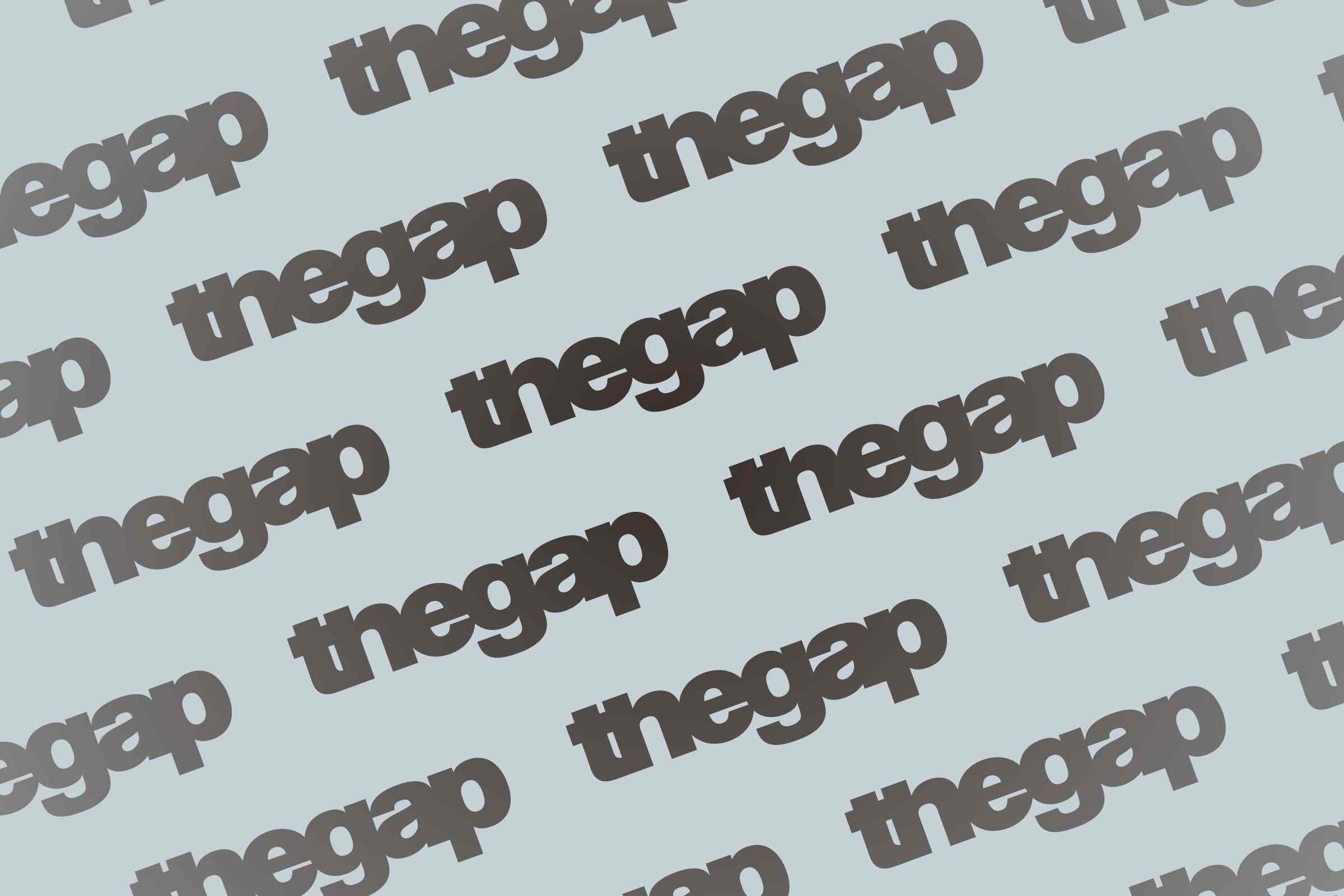
Was bedeutet für dich Integration? What does integration mean to you?
Hosam Zaarour: It means, when someone is able to understand and respect the country where he lives, rules and traditions and how someone reacts or deals with another persons‘ opinion. I’m trying super hard to learn the German language, so I could be a useful part in this commuinity and I don’t have to count on someone to help me. I feel sorry for the problems refugees create here. Every time, I hear that someone made something bad or a crime, I feel super sad. I would like to cry and apologize to all the Austrians and every time I see someone speaking bad about us Syrians, that someone made a mistake or was disrespectful, I want to fix the situation and try to explain to them, that people aren’t the same and that there are always some people, who are bad or just don’t understand what to do.
Khaled Aga: Einfach Zusammenleben. Toleranz, Chancen geben, einander kennenlernen. Eine Hand alleine kann nicht klatschen.
Omar Al Shaar: It means relaunching my humanity, which was suppressed down there in Syria and in the Middle East. It also means, having the chance to achieve something.
Alaa Gamian: It’s very complicate. Every day you meet someone, trying to teach you how to integrate in his or her own way. The media, which talks bad about refugees, gives me the feeling that I have to be sorry all the time: I have to be sorry, if someone from Afghanistan made a problem somewhere, or if a girl from Iran sells drugs, or if a Syrian guy escaped from his German class. Sometimes I have the feeling that I’m a game card and they use this card whenever they want to. To me, I think, integration is learning German.
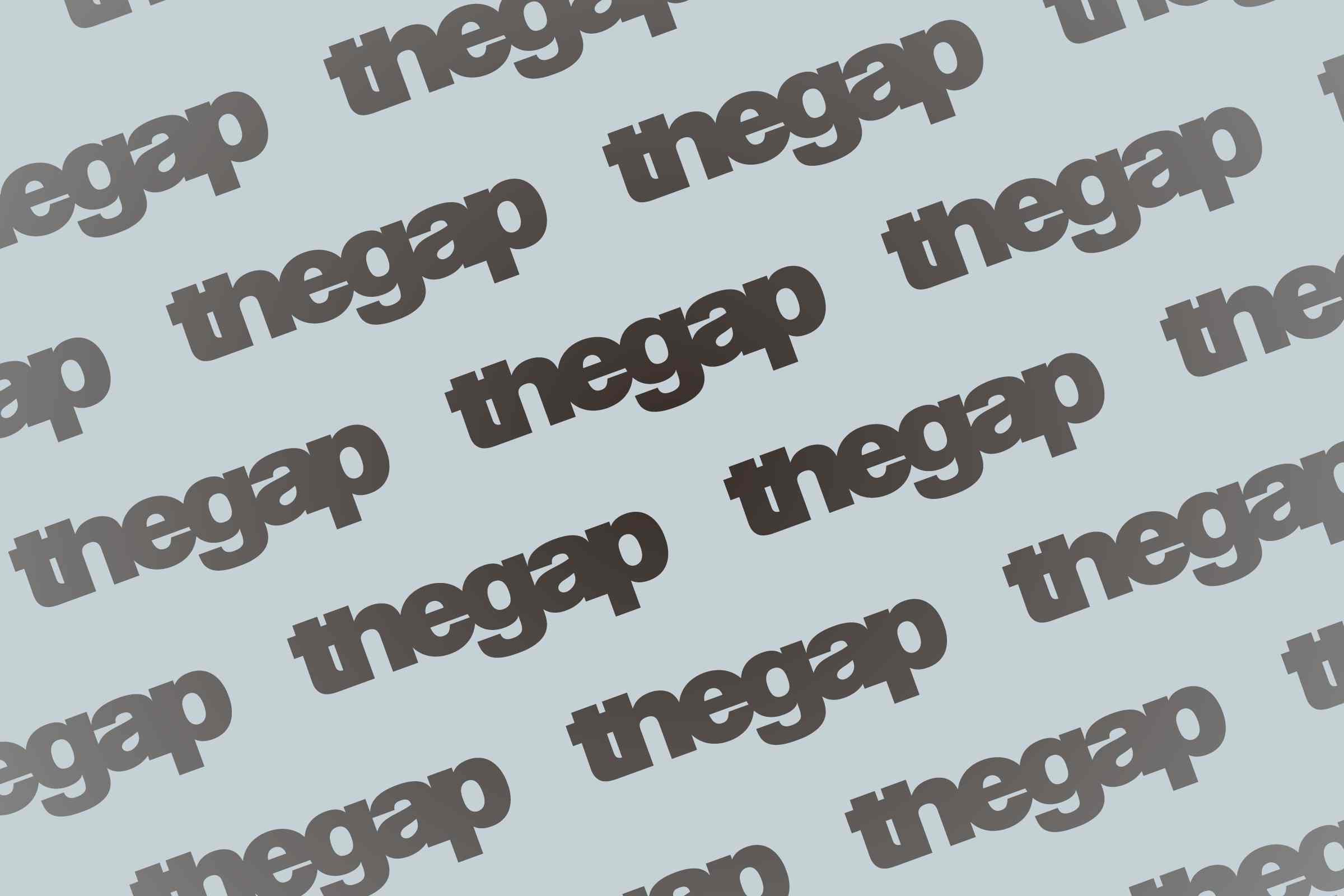
Kann Kunst Integration schaffen? Do you think that art can create or support integration?
Hosam Zaarour: Sure. Actually I always thought of making movies about intergation and explain to Syrians, how to deal with Austrians and how to understand the difference between cultures and show them the right way of integration. I know, that there are a lot of Syrians, which are already educated but even though with art everything could be better. Art can support the intergation by bringing the right messages to people, both Austrians and Syrians, and help them understand each other. At last I would like to thank all the Austrians for their warm welcome. I will never forget, how people in the streets were holding flags with „Welcome Refugess“ and I wish, that one day I will see peace in my country again.
Khaled Aga: Davon bin ich überzeugt! Sie erleichtert Integration und Inklusion. Sie ermöglicht das Kennenlernen des anderen besser als viele andere Methoden.
Omar Al Shaar: Art can for sure support and apply integration. Keeping in mind, that integration requires collaboration, research, international alignment and practical application on behalf of participants, who take on this challenge.
Alaa Gamian: Yes, for sure, it is the perfect way to support integration, giving it a warm cover when the media tries to present it as an impossible thing.
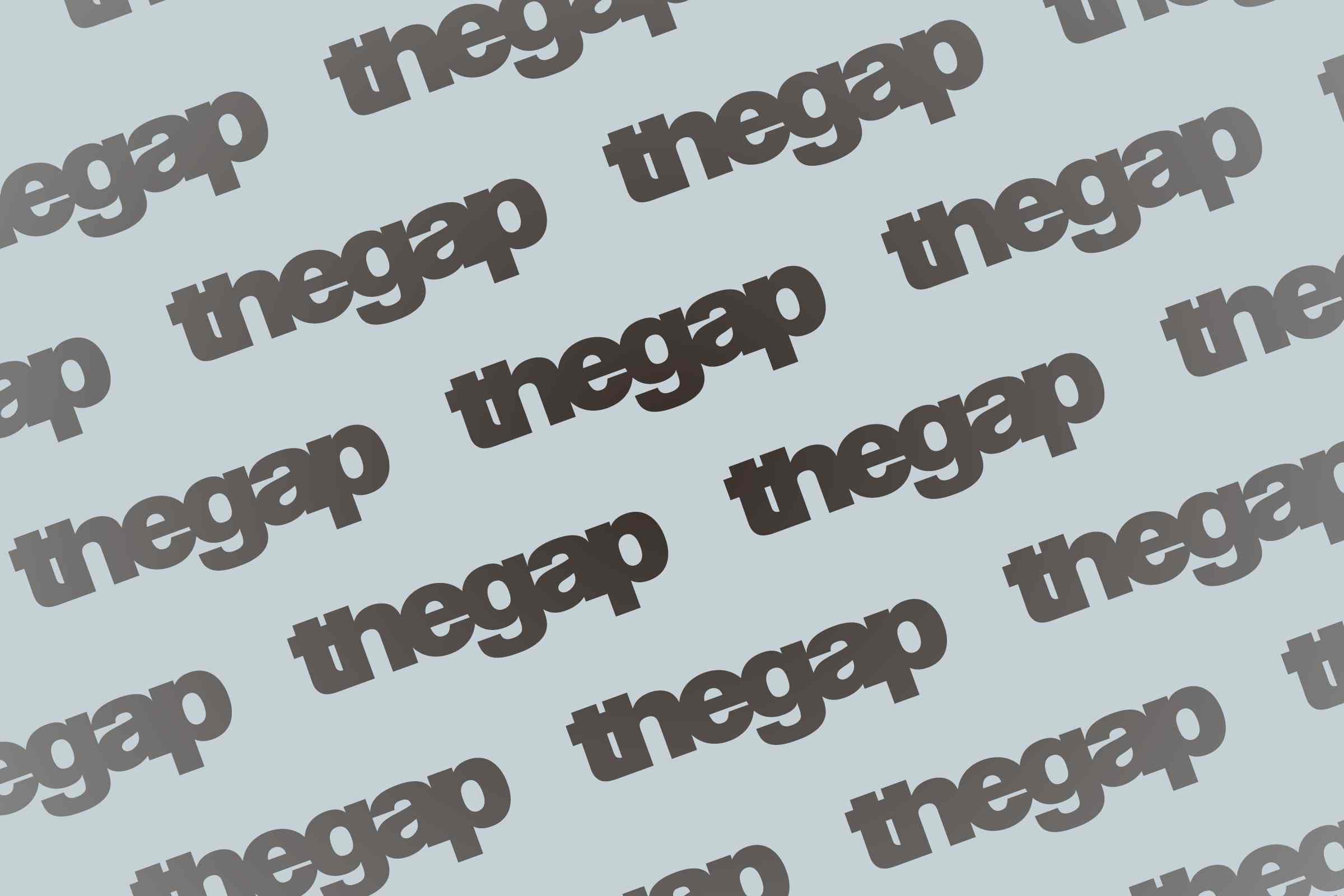
„How To Live Together“ von 25. Mai bis 15. Oktober 2017 in der Kunsthalle Wien. Während den Eröffnungstagen von 24. bis 28. Mai und jeden Sonntag gilt für alle Veranstaltungen und den Ausstellungsbesuch „pay as you wish“.
